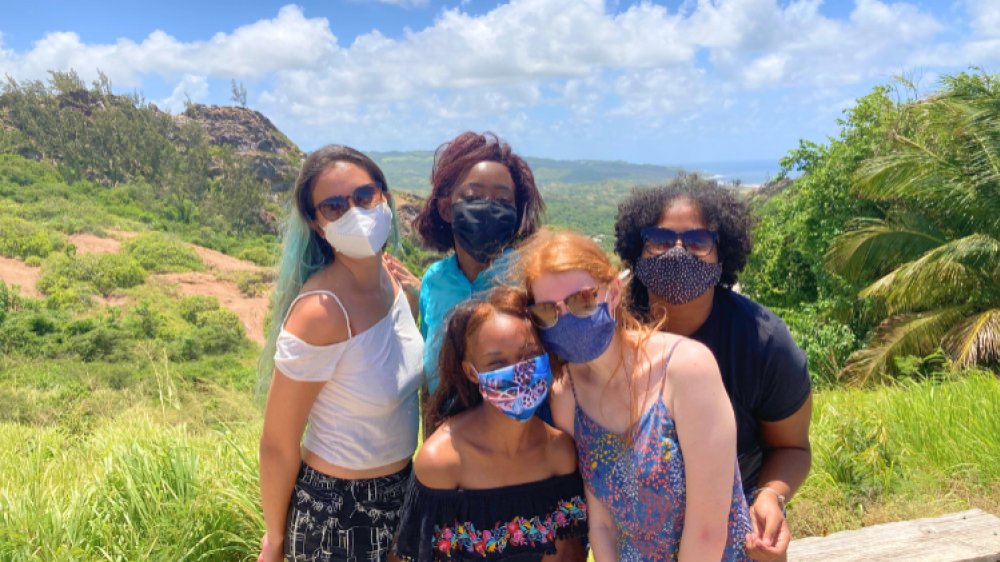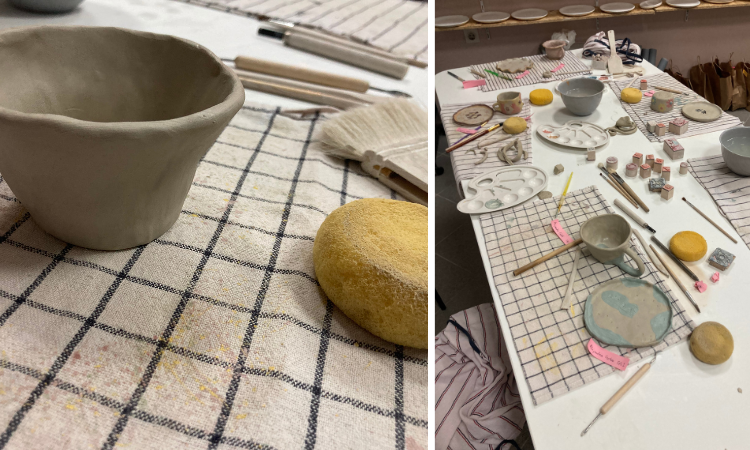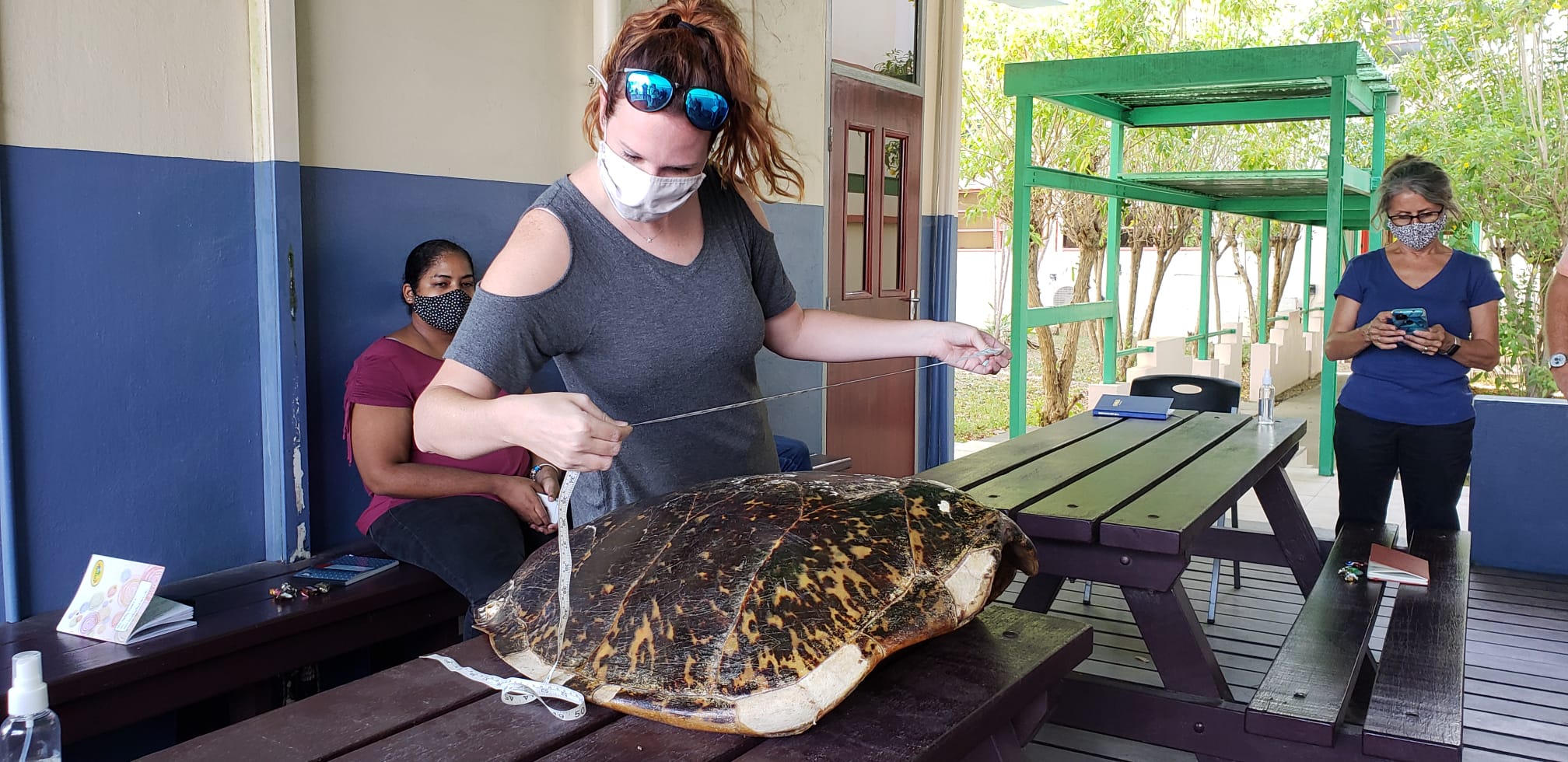Embracing Digital Nomadism: Cultivating Connections Abroad while Leading a Nomadic Lifestyle

25.09.2023
In Walden, the author, Henry David Thoreau, passionately advocates for a life of simplicity, one where self-reliance takes precedence, and society assumes a secondary role. When I first encountered his work, Thoreau's words left a profound mark on me. There was a rebellious individual who willingly chose to live alone in the woods for two and a half years. What struck me most was his ability to thrive without the physical presence of others, even though his days were filled with reading and writing—activities inherently intertwined with human connection.
On one hand, writing inherently seeks an audience, a way to connect and communicate with fellow beings. On the other hand, reading is a solitary pursuit that invites us to explore the boundless realms of imagination, absorb the thoughts and proposals of others, and revel in the intellectual companionship they offer.
Thoreau's Walden invites us to pay special attention to self-reliance and ourselves. I would like to add an idea. From my vantage point, the need for social interaction lies at the very core of our humanity. We thrive within communities—be it our families, close-knit friend groups, schoolmates, or colleagues at work. These connections enrich our lives in profound ways. I'm not suggesting we cannot find happiness in solitude; there's a nuanced balance to consider.
Introspection and personal growth undeniably play vital roles in our lives. Yet, they often find their most accurate meaning when subjected to the test of interpersonal discourse. Our beliefs and convictions gain depth and clarity through open dialogue and discussion with others. It's imperative to acknowledge that our opinions, while deeply personal, are neither universal nor infallible—a notion I recognize even as I defend my perspective.
How do you make friends moving abroad?
As a nomad, it is common to struggle to create human connections, feel part of a community, and make friends. The challenge lies in the fact that, as adults, many of us tend to become more circumscribed in our social circles, unlike the openness and adaptability often exhibited by children. Grown-ups establish their circles, and it can be daunting to break into them. To be a nomad is not to be a local, but it is not to be a traveler either. It is a liminal existance. As conceptualized by Victor Turner, liminality refers to a state of transition or a phase of ambiguity and disorientation that occurs within a ritual or cultural rite of passage. It is a period when individuals or groups are neither here nor there, as they have moved out of one social or cultural structure but have not yet entered another. Liminality can be thought of as a kind of "in-between" state.
Nevertheless, when it comes to yearning for meaningful human connections while living abroad, I've discovered several valuable strategies and ideas that can help facilitate the process of making friends. Here are three suggestions to consider:
Take Classes

Engaging in classes or workshops aligned with your passions, such as cooking, dance, or art, offers a wonderful opportunity to connect with kindred spirits. These shared interests serve as a powerful catalyst for forging connections.
Whether you're perfecting a culinary masterpiece, mastering intricate dance steps, or expressing your creativity through art, learning and creating together fosters a unique camaraderie. Within these settings, you'll find individuals who not only share your enthusiasm but also appreciate the beauty of shared experiences.
Volunteer
Embarking on volunteer activities or joining charity organizations offers a remarkable avenue for connecting with individuals who share your dedication to creating a positive impact. Volunteering is more than just a charitable act; it's a powerful way to form connections with those equally passionate about making the world a better place.
Volunteering at the Barbados Sea Turtle Project

Whether you're contributing to a local community project, working on environmental conservation, or lending a helping hand to a cause you hold dear, you'll find kindred spirits who believe in the transformative potential of collective action. In the spirit of giving back, you'll discover a network of like-minded souls who understand the profound satisfaction that comes from selfless service, reinforcing the bonds of friendship through shared values and a common commitment to positive change.
Be Open and Approachable
One simple yet profound principle stands out in the pursuit of building meaningful connections while living abroad: be open and approachable. A welcoming smile, a willingness to strike up conversations, and a genuine interest in others can work wonders in forging bonds across cultures and borders. These small gestures create an atmosphere of warmth and receptivity, inviting new friendships to bloom. By embodying this open-hearted approach, you not only bridge the gaps of language and culture but also cultivate an environment where connections can flourish naturally.
Keep in mind that nurturing friendships is a process that demands both time and effort. Patience is your ally, and don't shy away from taking the initiative in social interactions. It's essential to understand that not every encounter needs to result in a lifelong, inseparable bond. Friendships can vary in intensity and closeness, and that's perfectly acceptable. What truly matters is the foundation of respect upon which you build these connections. Feel free to ask questions. Local customs and traditions can be very different from one place to another. Don't assume anything; instead, inquire and learn. By doing so, you will go a long way in building positive relationships in your new environment.
--------------------------------------------------------------------------------
Alejandra Gotóo (1991, Mexico City), who studied English Literature and recently graduated with a Masters of Social Anthropology is now writing about her time in Croatia as a columnist in Dubrovnik Times. Her work has been published in Spain, Mexico, Colombia and Peru. She has two published novels, Ruptura and Isadore or Absolute Love. Her topics of interest include nature, adventure, language, books, food, culture, animals, conservation, and women's rights. She also writes in her blog: Cardinal Humours.





